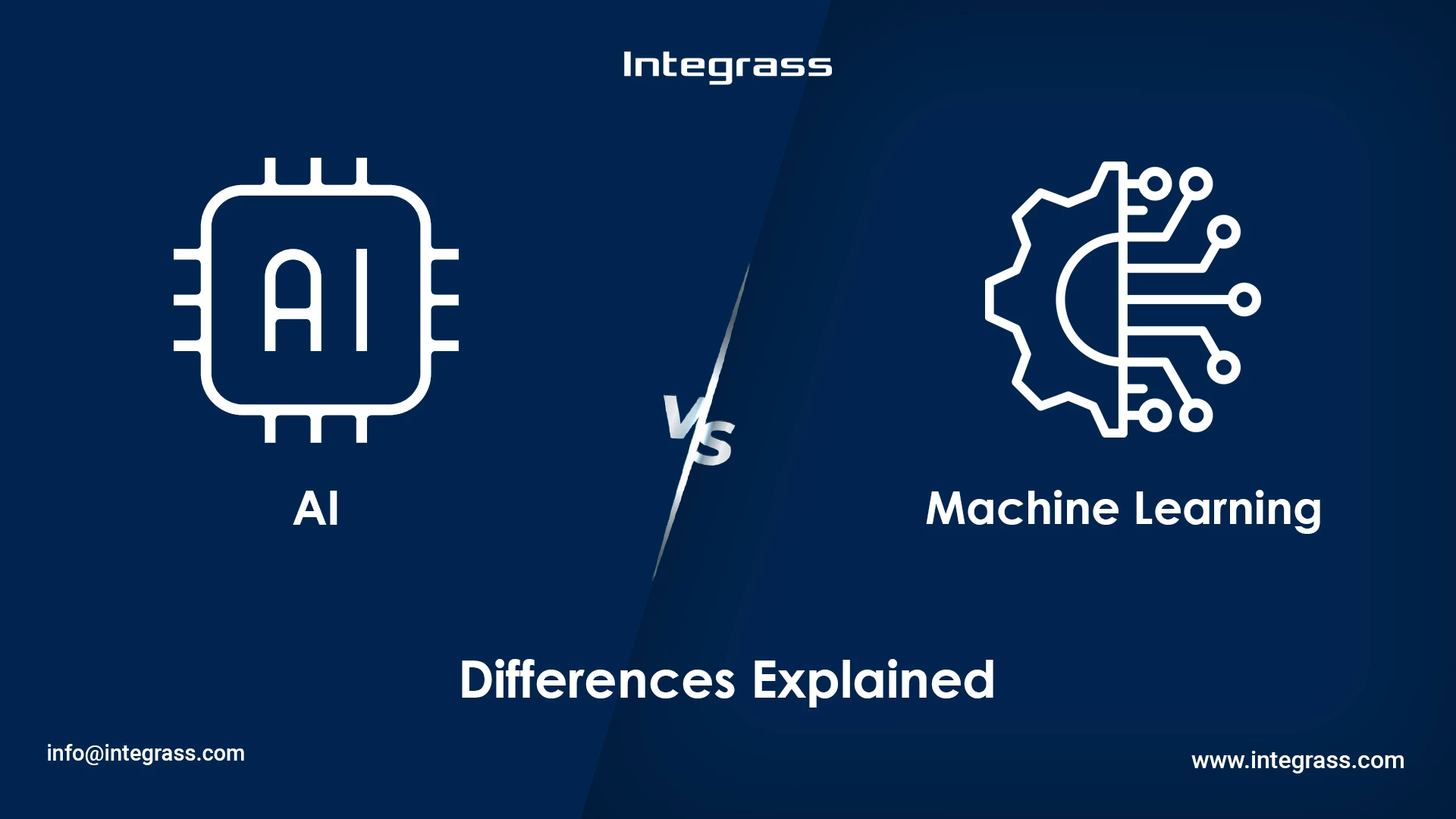Unlocking Efficiency and Innovation: The Case for Outsourcing IT
In the dynamic landscape of modern business, the perennial question looms large: Should organizations keep their IT services in-house or entrust them to external partners? As companies grapple with this pivotal decision, a judicious evaluation of the pros and cons becomes paramount. Let’s delve into the outsourcing debate and explore why outsourcing IT might just be the secret ingredient your company needs.
The Outsourcing Advantage: A Strategic Move
1. Cost Savings and Scalability
Imagine this scenario: Your company is experiencing rapid growth, and so are your IT requirements. You find yourself at the crossroads—should you hire additional in-house IT staff, invest in infrastructure, and manage associated costs? Enter outsourcing. By collaborating with a reliable IT service provider, you gain access to a skilled team without the burden of overheads. Outsourcing allows seamless scalability, enabling you to rapidly adapt to market dynamics without straining your financial resources.
2. Expertise and Specialization
In-house IT teams may lack the specialty knowledge required for your upcoming needs. . Outsourcing introduces specialists who bring the required skillset – experts who remain abreast of cutting-edge technologies, security protocols, and industry trends. Whether it’s cloud computing, cybersecurity, or software development, they bring a wealth of knowledge. Moreover, their collective expertise often ignites innovation within your organization.
3. Focus on Core Competencies
Picture your CEO moonlighting as a server administrator. Not an appealing image, is it? When you outsource IT, you liberate your internal resources to concentrate on what truly matters—your core business. Let the experts handle the intricate technical aspects while you navigate the perilous path toward growth and success. It’s akin to having a trusted co-pilot as you soar through the digital skies.
4. Risk Mitigation
Cyber threats loom around every corner. Outsourcing IT Security to an expert organization can help mitigate that risk. IT Security experts invest in robust security measures, disaster recovery plans, and compliance frameworks. Your data rests in capable hands, allowing you to rest assured that firewalls remain steadfast and hackers are kept at bay.
5. Commonly Outsourced IT Services
Managed IT Services for Businesses: Managed IT services offer a lifeline for businesses. By entrusting experts with monitoring, maintenance, and cybersecurity, companies can focus on their core competencies.
Cloud Computing Solutions: Cloud computing revolutionizes IT infrastructure. It’s scalable, secure, and cost-effective, empowering businesses to adapt swiftly to market changes.
Cybersecurity Solutions for Businesses: In an era of cyber threats, robust cybersecurity solutions are non-negotiable. Outsourcing ensures proactive risk mitigation and data protection.
Network Security Services: Network security forms the bedrock of a resilient IT ecosystem. Expert providers safeguard against breaches, ensuring seamless connectivity.
IT Consulting Services: Strategic IT consulting guides decision-making. Whether in-house or outsourced, expert advice shapes technology investments.
IT Support for Small Businesses: Small businesses thrive with reliable IT support. Outsourcing provides responsive assistance, minimizing downtime.
IT Infrastructure Management: Efficient IT infrastructure management streamlines operations. Outsourcing allows businesses to focus on growth while experts handle the intricacies.
Business Continuity and Disaster Recovery: Preparedness is key. Robust disaster recovery plans, whether in-house or outsourced, ensure resilience in the face of adversity.
But What About In-House IT?
1. Control and Customization
Opting for in-house IT provides greater control over processes, workflows, and decision-making. If you’re inclined toward meticulous oversight (no judgment here), this approach may resonate. Customization also becomes more straightforward—you can tailor solutions to align precisely with your unique business needs. However, bear in mind that customization comes at a cost, both in terms of time, flexibility and resource availability.
2. Company Culture and Communication
In-house teams foster a sense of camaraderie. They intimately understand the company’s nuances, quirks, and culture. Communication flows seamlessly across desks, and an unspoken bond keeps the organizational wheels turning. While highly desirable, preserving this close-knit environment is paramount for your organization, in-house IT remains a viable choice.
Conclusion
At the end of the day, there is no “one-size-fits-all” when it comes to outsourcing. It all comes down to weighing the pros and cons, crunching the numbers, and making decisions based on your specific organizational needs. So, should you keep IT in-house or outsource it to the pros? The choice is yours, dear reader. Choose wisely.
And there you have it, folks! The lowdown on the age-old outsourcing debate. You don’t have to be “team in-house” or “team outsource”. The answer probably lies somewhere in-between.




